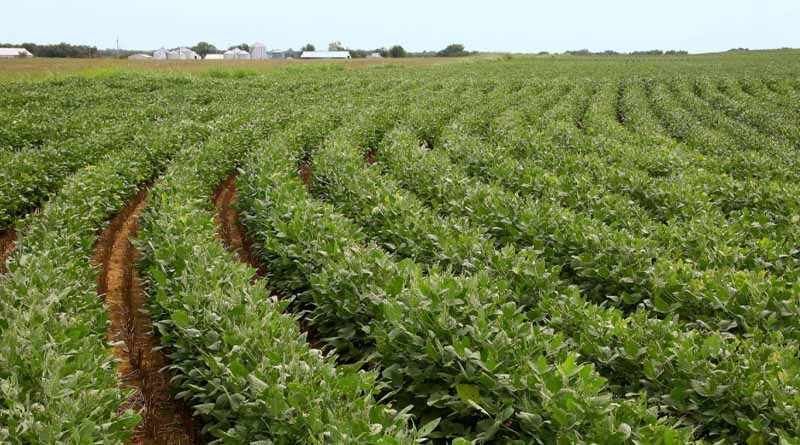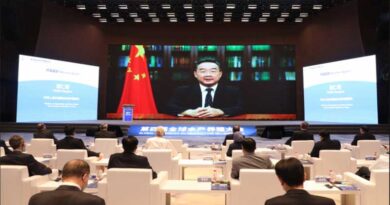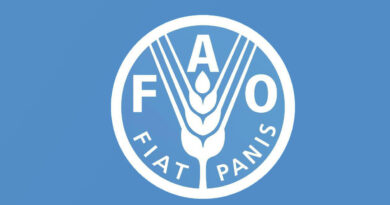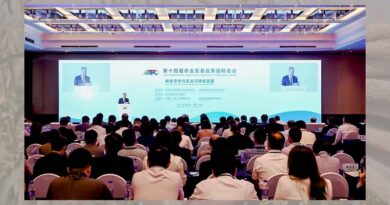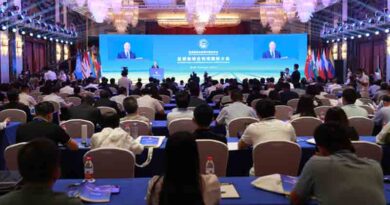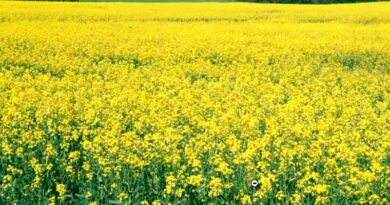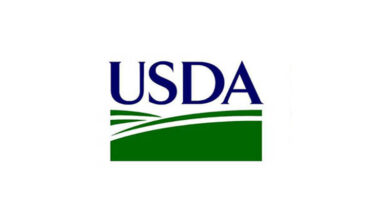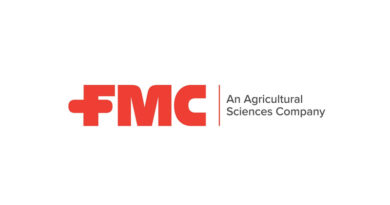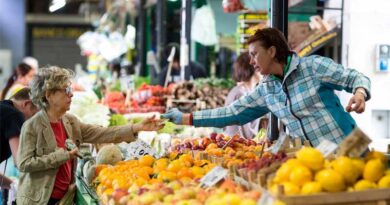Conference to focus on sustainable aquaculture
22 September 2021, China: The fourth Global Conference on Aquaculture being held in Shanghai from Sept 22 to Sept 25 will address challenges in the sector and promote international cooperation.
The conference is held every decade and this week’s one will focus on the theme of “aquaculture for food and sustainable development”.
Liu Xinzhong, head of the Ministry of Agriculture and Rural Affairs’ bureau of fisheries, told a news conference on Sept 17 that aquaculture plays a vital role in ensuring the sustainable development of food and agriculture.
“Aquaculture provides a large amount of high-quality protein for people worldwide,” he said. “The sector has been growing rapidly and has reduced the utilization of fishery resources remarkably and also eliminated poverty among farmers.”
The meeting, with thousands of participants from government, business and academia from 120 countries, regions and international organizations, is scheduled to discuss opportunities and challenges in the sector and propose development goals for the next decade, the ministry said.
Jiang Kaiyong, deputy head of the bureau, told the news conference that one major challenge for the sector stems from the spread of COVID-19.
“The pandemic had an impact on the aquaculture supply chain and affected the import and export trade,” he said. “Weak consumer demand for aquatic products and unsalable products have increased feeding costs for aquaculture producers.
“Moreover, the aquaculture industry in China is still dominated by small and medium-sized farmers who lack the ability to withstand risks.”
Jiang said the ministry has strengthened guidance on the sector and production has resumed gradually.
The conference also aims to boost international cooperation and encourage countries with advanced technologies to share their experience with developing ones.
“We hold a green and low-carbon development philosophy,” Liu said. “We also appeal to the international community to enhance their resistance to climate change and natural disasters.”
The conference will review contributions made by China to the development of aquaculture and discuss subjects including the aquaculture system, forage, policy, innovation, aquatic safety and the market.
The Food and Agriculture Organization of the United Nations and the Network of Aquaculture Centres in Asia-Pacific, an intergovernmental organization that promotes rural development through sustainable aquaculture, are organizing the conference with the ministry.
As the conference’s host country, China will share its achievements in the aquaculture sector.
The ministry said that since 1985, China has implemented a policy of focusing on fish-farming to increase supply and avoid the overuse of natural resources. “The output of fishing from natural resources is decreasing while the supply of aquatic products in the market is sufficient, mainly thanks to the booming aquaculture industry,” Liu said.
Fishing output from domestic marine areas in China fell to about 9.5 million metric tons last year, from about 12.4 million tons in 2011, while 80 percent of aquatic products in the domestic market came from farming in China.
China has developed many fish-farming techniques, including rice-fish farming and a recycled water aquaculture system. One well-known example is crayfish farming, Liu said.
“Crayfish are popular on the dining table,” he said. “Raising crayfish in rice fields will both improve rice growth and the quality of crayfish.
“China has not only solved the problem of fish supply for its people, but also helped with the problem for people worldwide. Before, we relied on guidance from foreign countries such as Norway. Now we want to share our techniques with the world.”
According to incomplete statistics, from 2016 to 2020, China trained more than 2,000 aquaculture technicians and management personnel for more than 50 countries and regions. The country educated nearly 300 international students from more than 30 countries studying for master’s and doctoral degrees, the ministry said.

